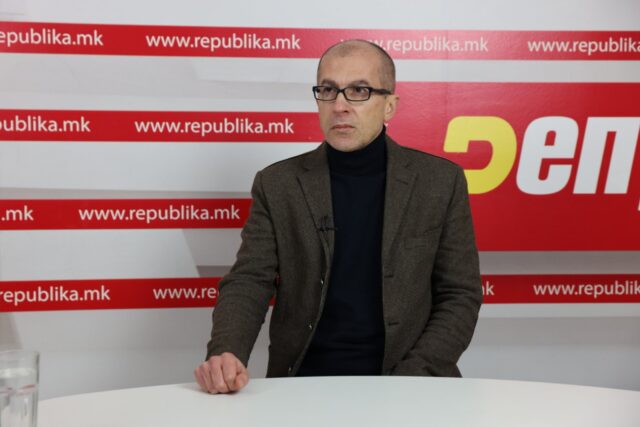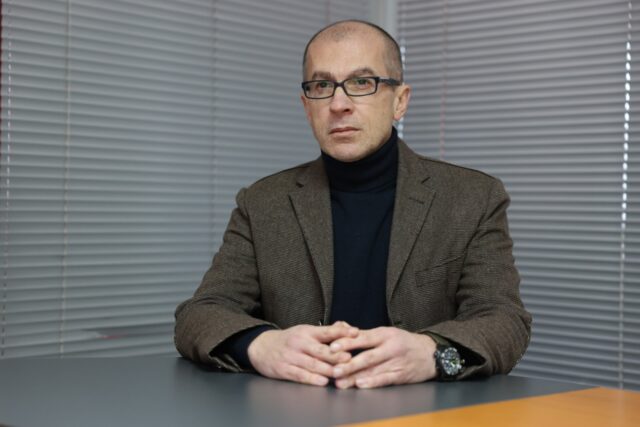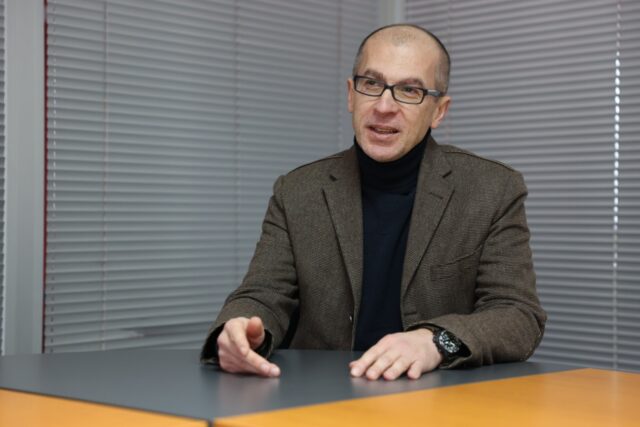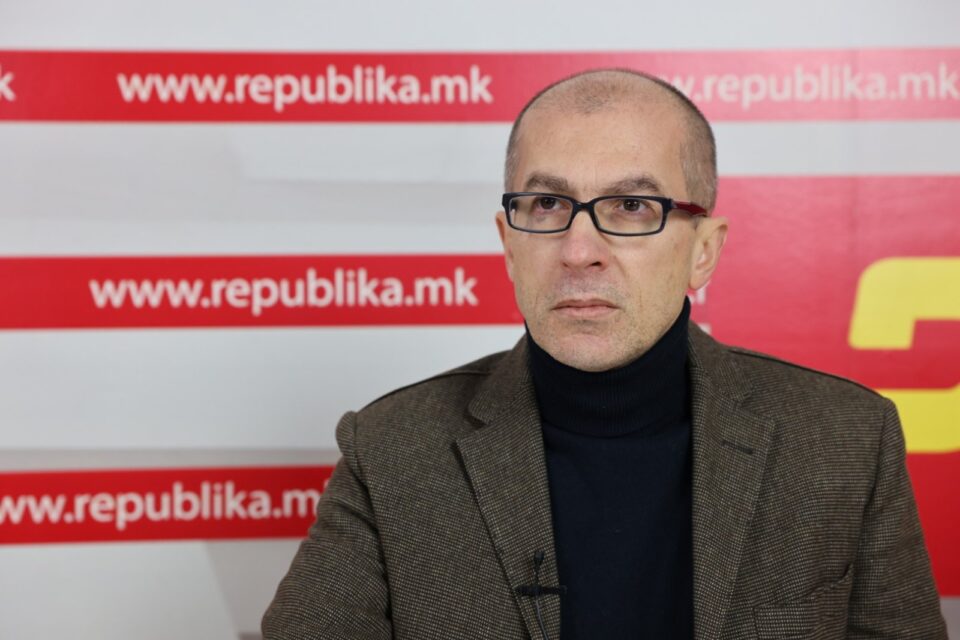Little Petar misses his mother the most during the New Year holidays. The mother Gordana Jankuloska cannot be with her son even on weekends or holidays because of the discrimination she is exposed to, her husband Vlatko Ilievski complains in an interview with “Republika”.

Jankuloska and all female convicts are discriminated against in terms of using benefits as convicts. There is an inconsistency between the rules for the deployment and placement of convicted persons with the law on serving sanctions, and on the other hand, the fact that female convicts can serve their sentence only in “Idrizovo”, which is of the closed type, unlike men who can choose where they will serve, puts them in an unequal position, that is, discriminates against them. I have also submitted a complaint to the Commission for the Protection and Prevention of Discrimination and I hope that they will also find the virtue to react. We are talking about those convicted persons against whom other proceedings are being conducted. The use of benefits such as weekends or visits outside the institution, holidays, and work engagements, they are related to the condition that no other proceedings are being conducted. This condition is contrary to the law on the execution of sanctions and the presumption of innocence, because many of those procedures may end with an acquittal. Unlike them, these conditions do not apply to men, explains lawyer Ilievski in the interview with “Republika”.

He also reveals how Jankulovska is doing in prison.
She is a fighter by nature; she does not give up, and she is doing well considering the conditions she is placed in. She is in excellent psychophysical condition, reads books, exercises, and tries to follow all the current events in the country. She does not give up.
Ilievski also explains the “Target-Fortress” case where Jankulovska is also a defendant.
For some of the defendants in this case, there is a possibility of statute of limitations, but this does not apply to all. Gordana is charged under Article 353 where the statute of limitations is 20 years. One should ask how the prosecution in this case, which refers to wiretapping, allowed someone to be charged with an indictment for which the crime expires in a shorter period of time. Why should the prosecution be amnestied from this, stresses Ilievski.

Ilievski is also a representative of the cases in Strasbourg, where he has great expectations.
I expect there will be a verdict in the following months. For the “Tank” case, the verdict would mean nothing because there was no abolition for it, but it will apply to “Target-Fortress” and “Titanic” where Jankulovska is also a defendant because for them there was abolition. There are several variants: One is to pass a verdict because the acts are subject to abolition. Another option could be the requalification of the indictment. This is an unusual case because usually every time there is an appeal before Strasbourg there is a final verdict, which is not the case here because, with the abolition, such a procedure should not have been conducted. There is no practice for this type of case but I am convinced of our arguments and expect a positive outcome.
Ilievski also reveals whether his wife had offers, persuasions, or attempts to bargain to be less and not to be convicted at all.
There were friendly persuasions that if she took certain positions, she could go through better and easier. There were no concrete offers and proposals. However, we were made aware that there is a different way to solve these cases because if we are honest all SPO cases are politically motivated charges, and if there was a stronger consensus between the parties including VMRO-DPMNE to support changes in the Constitution, would not have resulted in the finalization of these cases.
Ilievski does not hope for a pardon for his wife by President Pendarovski.
There is a possibility for that if there is a will, but I am not sure that there is. Unlike Gordana, there are many other convicted persons who are regularly pardoned several times according to unclear criteria. There are double standards, the pardon commission does not have the necessary integrity. I am honestly not very optimistic, and on top of that, when there are other current procedures, there is less chance that there will be a pardon.

Ilievski also tells how his son Petar endures the separation from his mother.
Petar has the right to see her three times a month for an hour in conditions that are not suitable for a child. The fact that I am self-employed does not give me much space to plan my time and I have little time to spend with the child. Luckily, there are loved ones who try to give him that love that cannot be given to him by his mother. I use every moment to spend time with him, explains the father of little Petar.
Listen to the entire conversation in the video interview conducted by Igor Caveski




Comments are closed for this post.